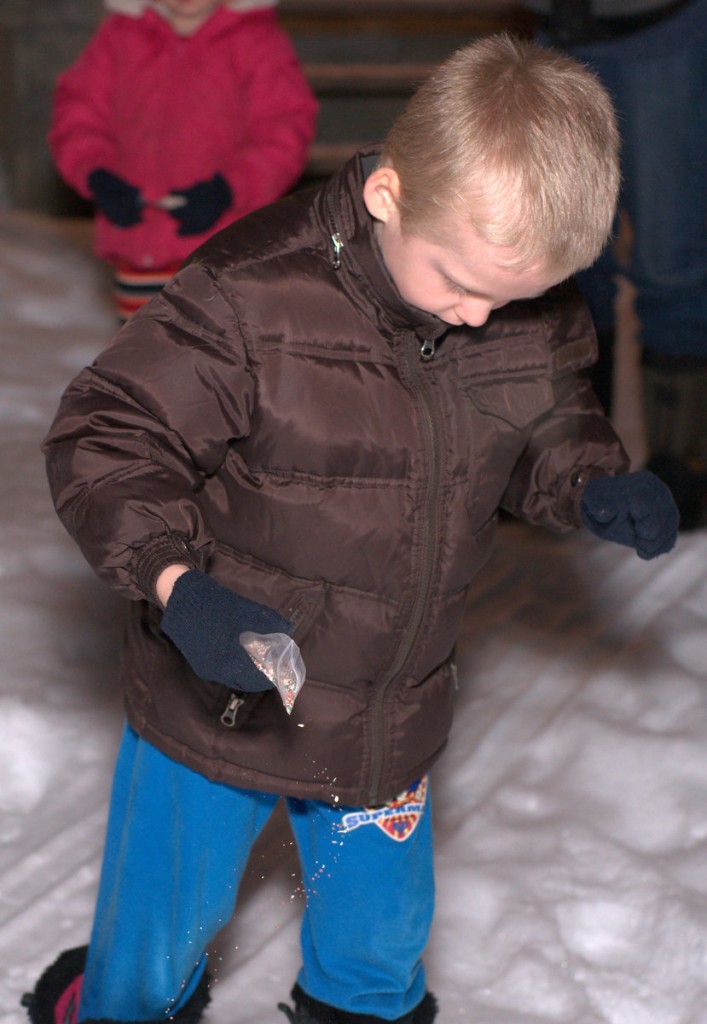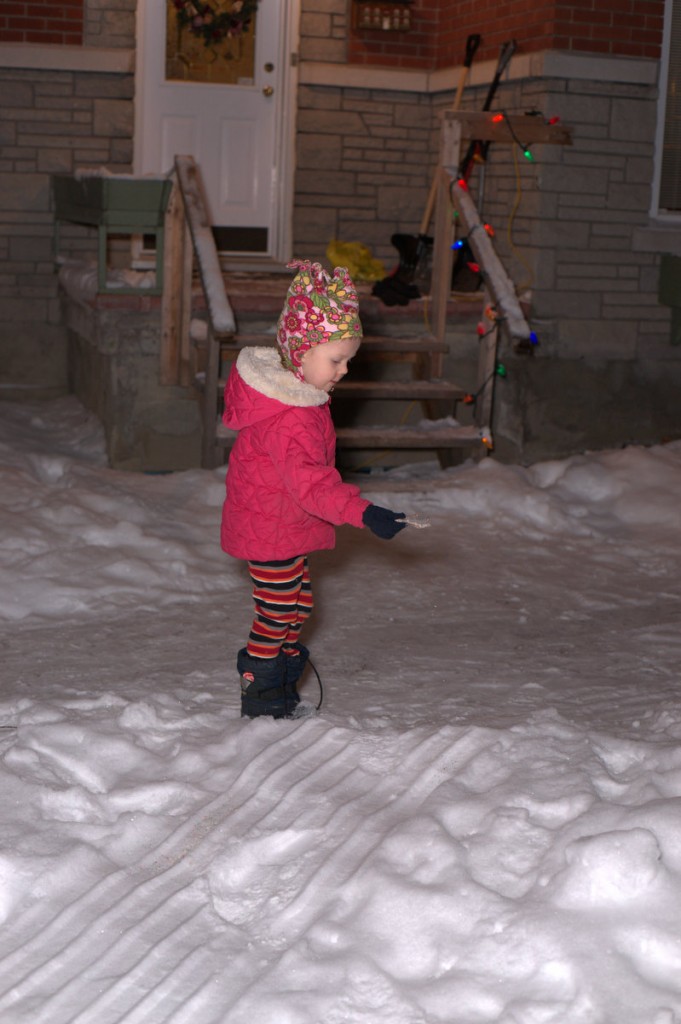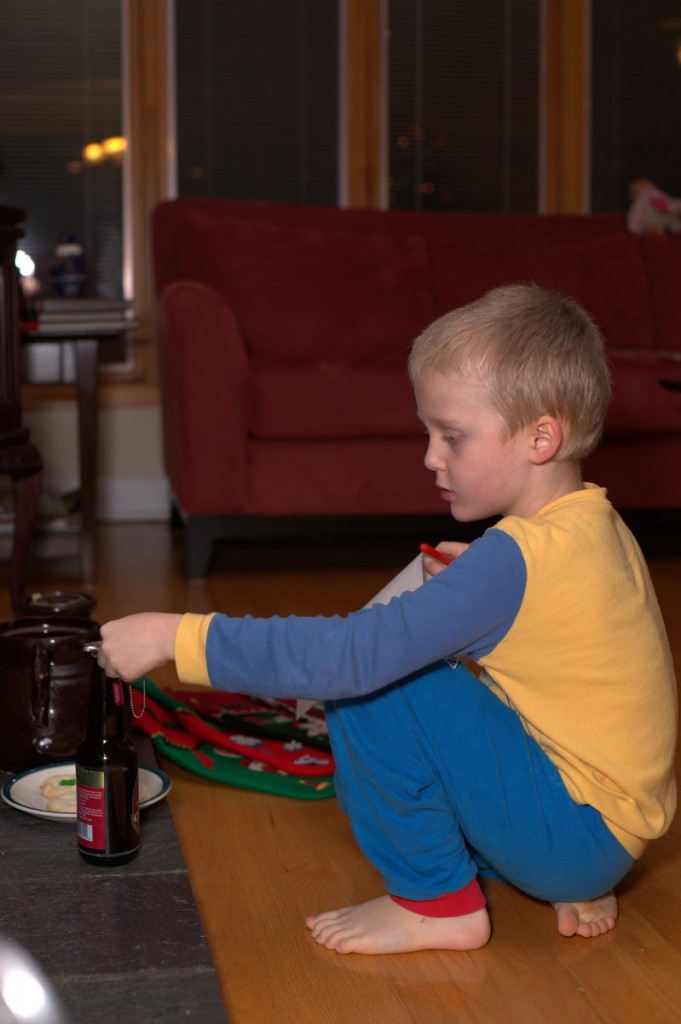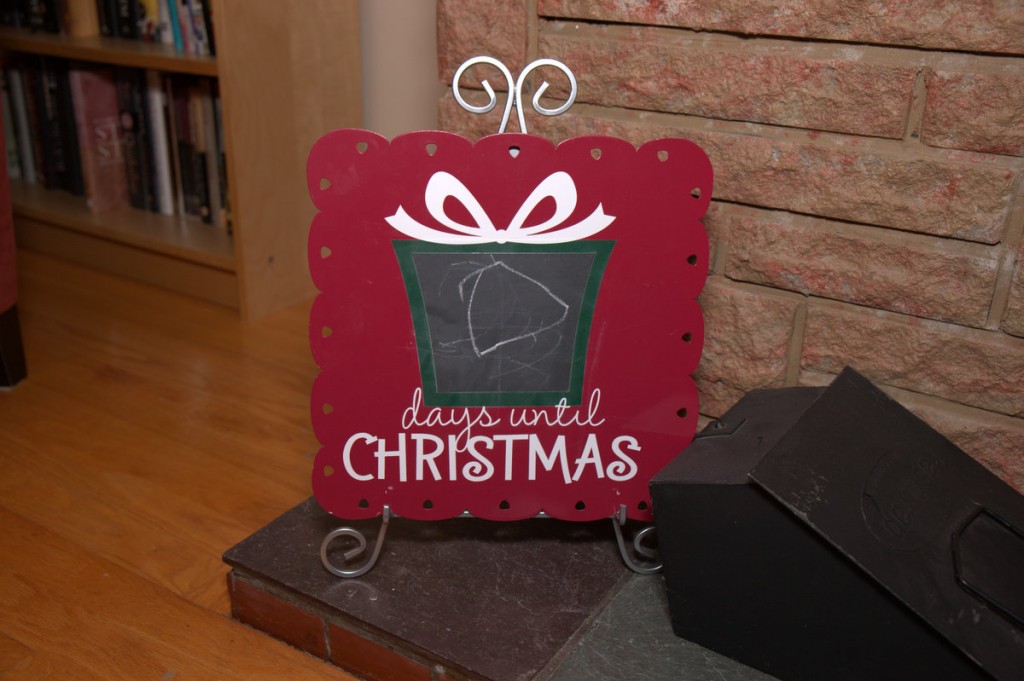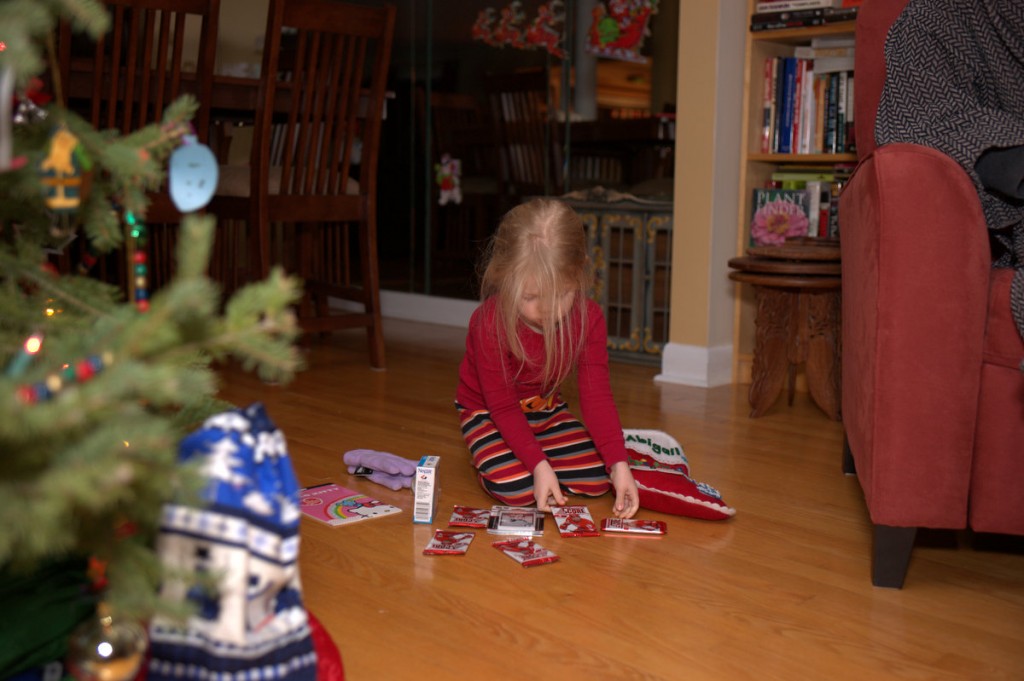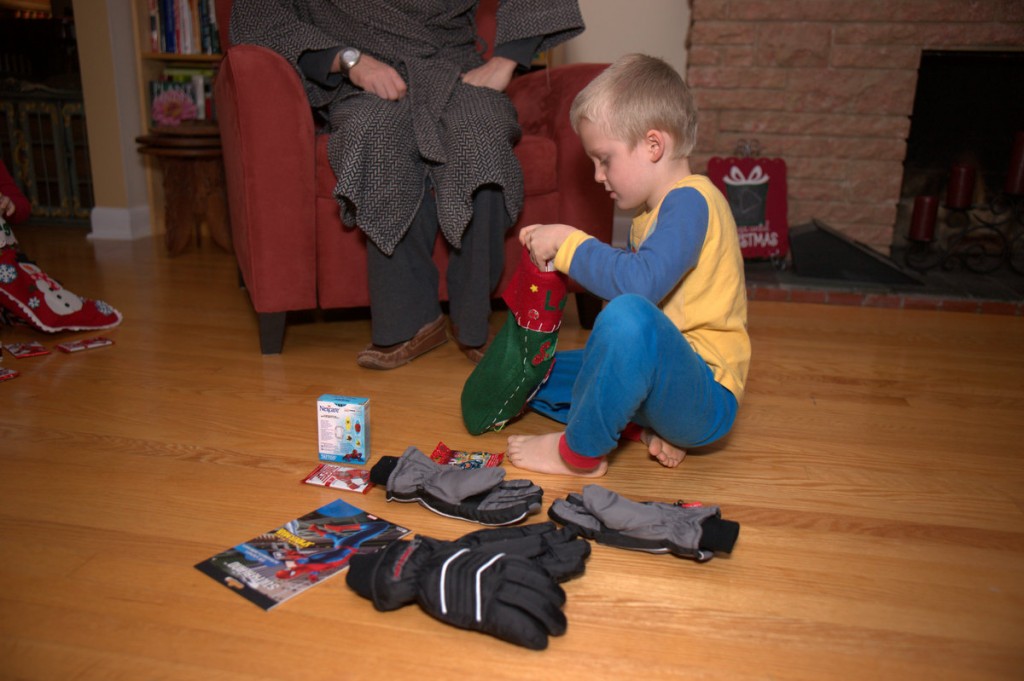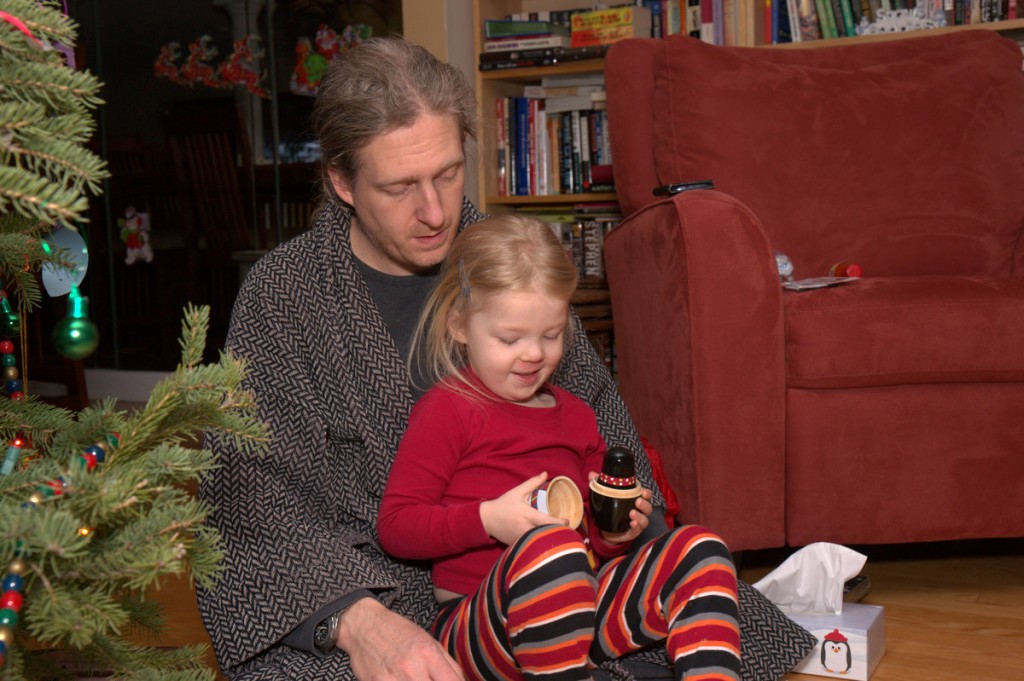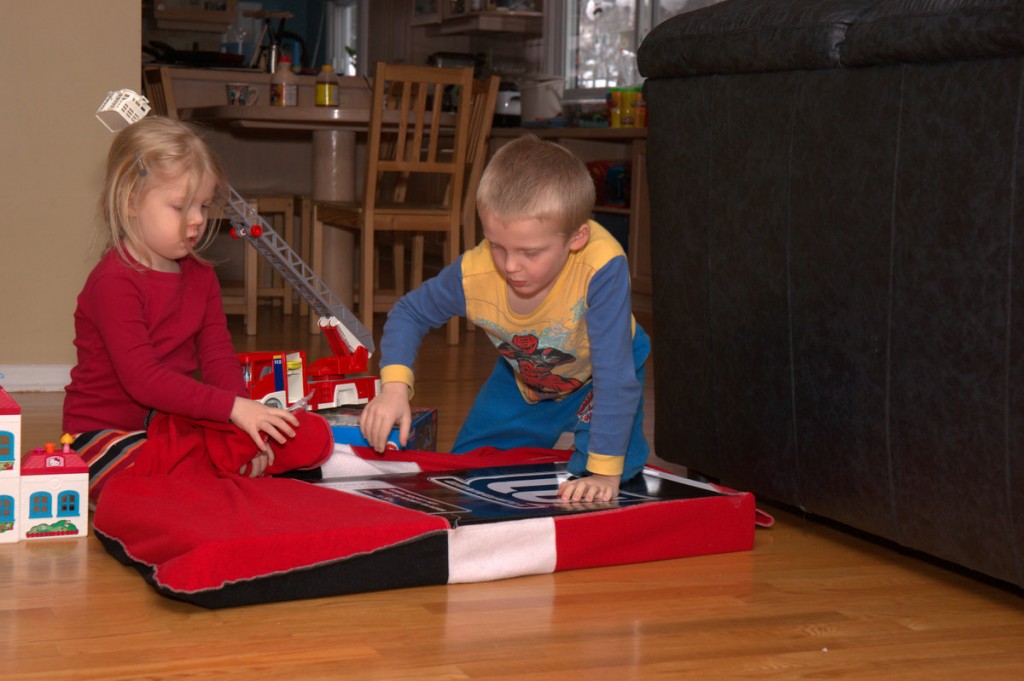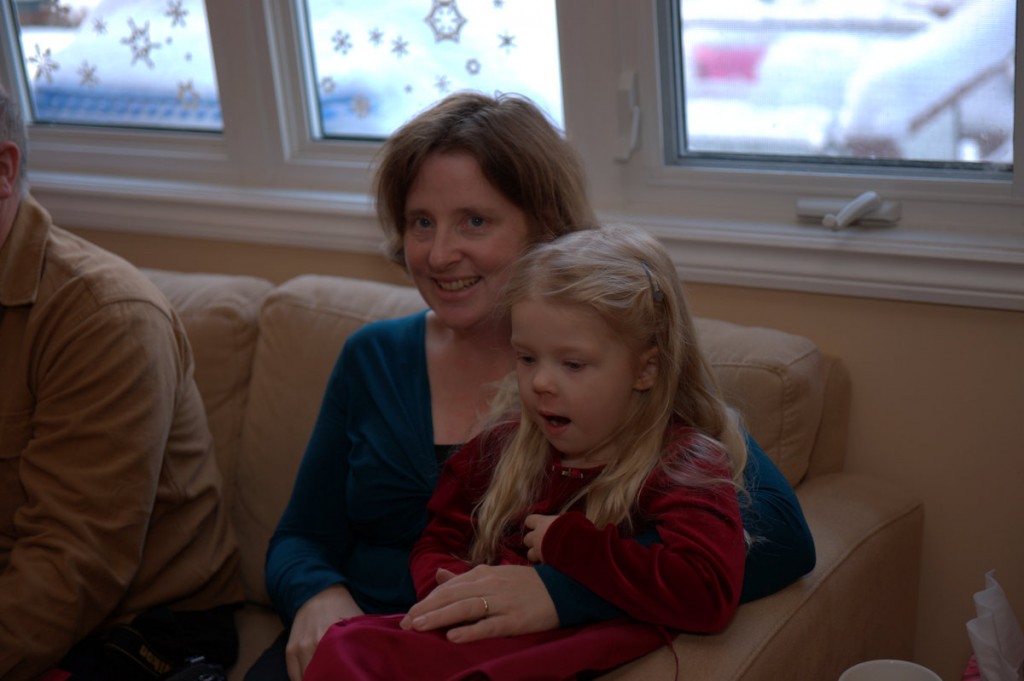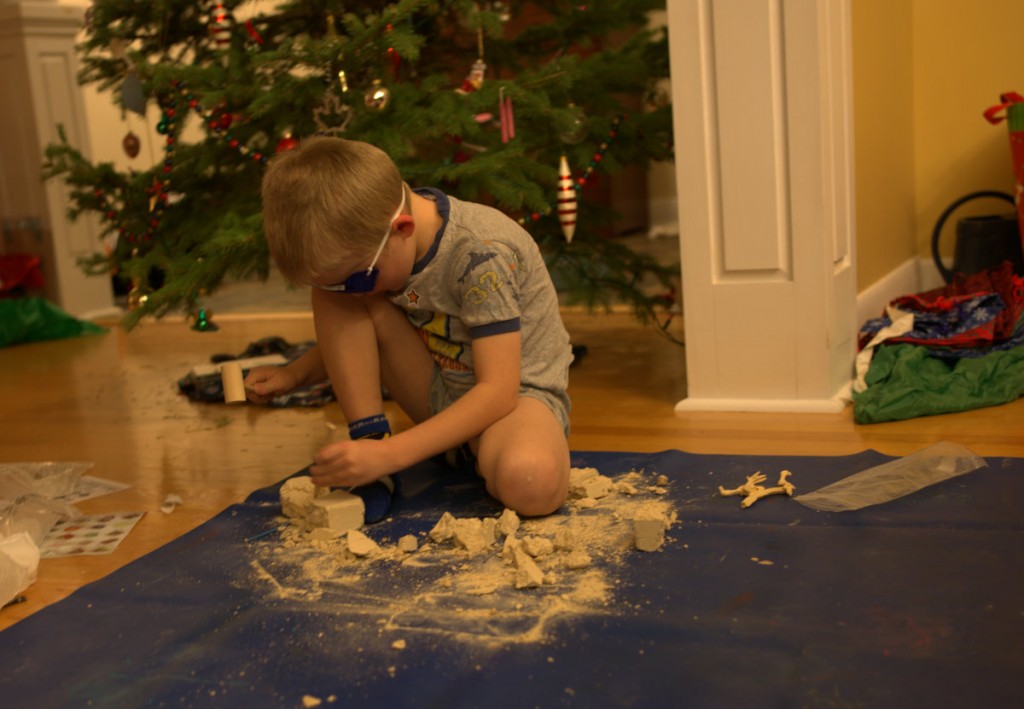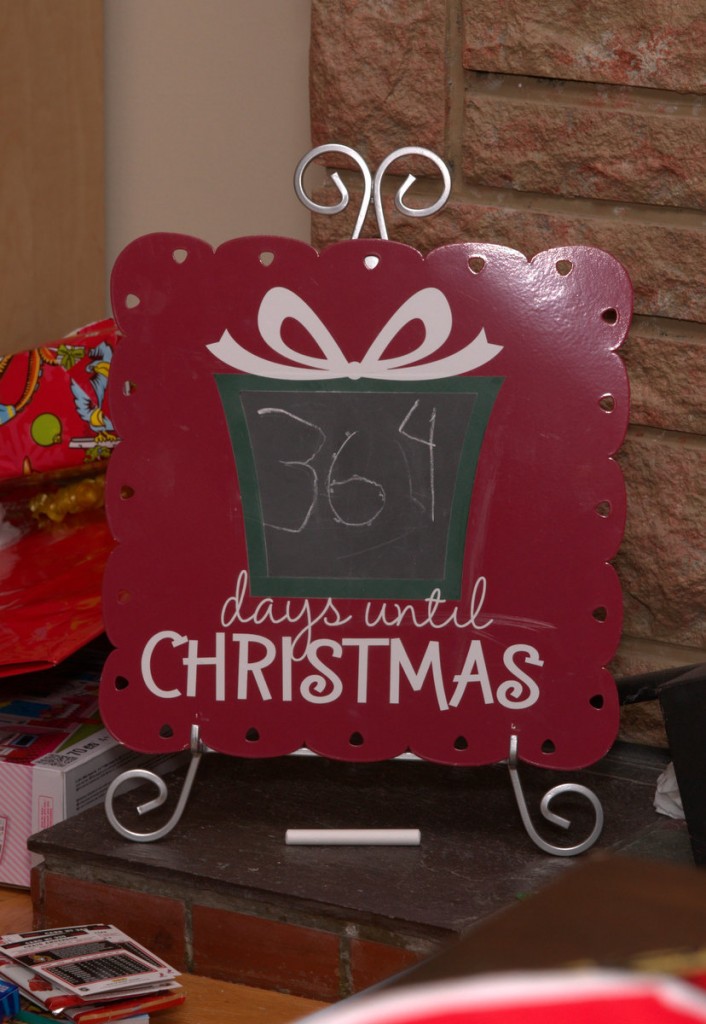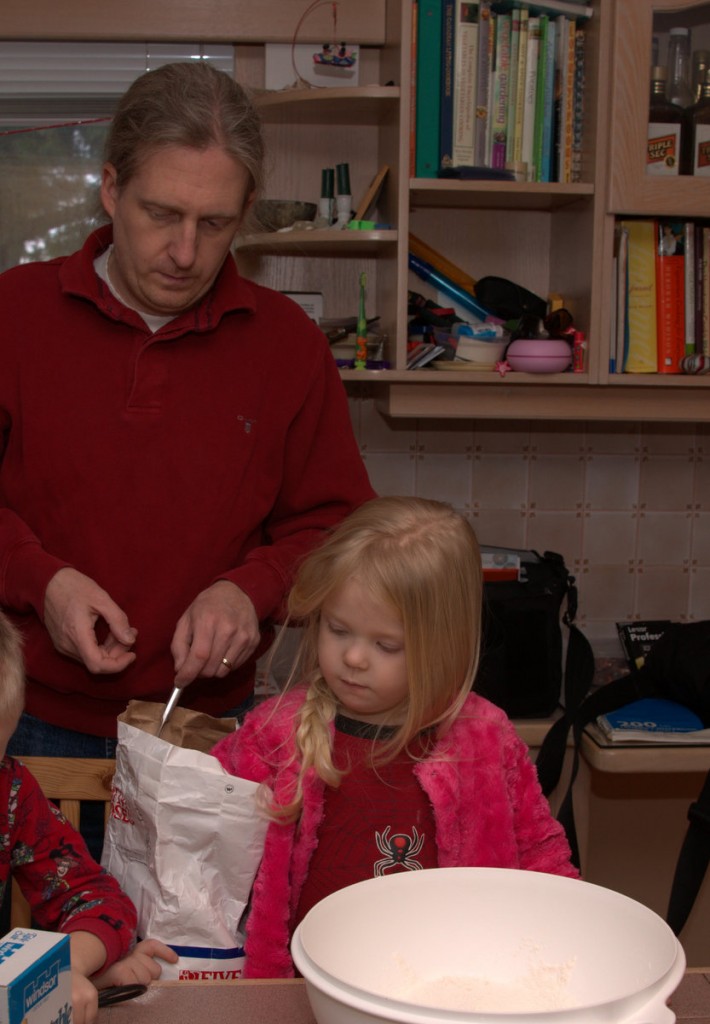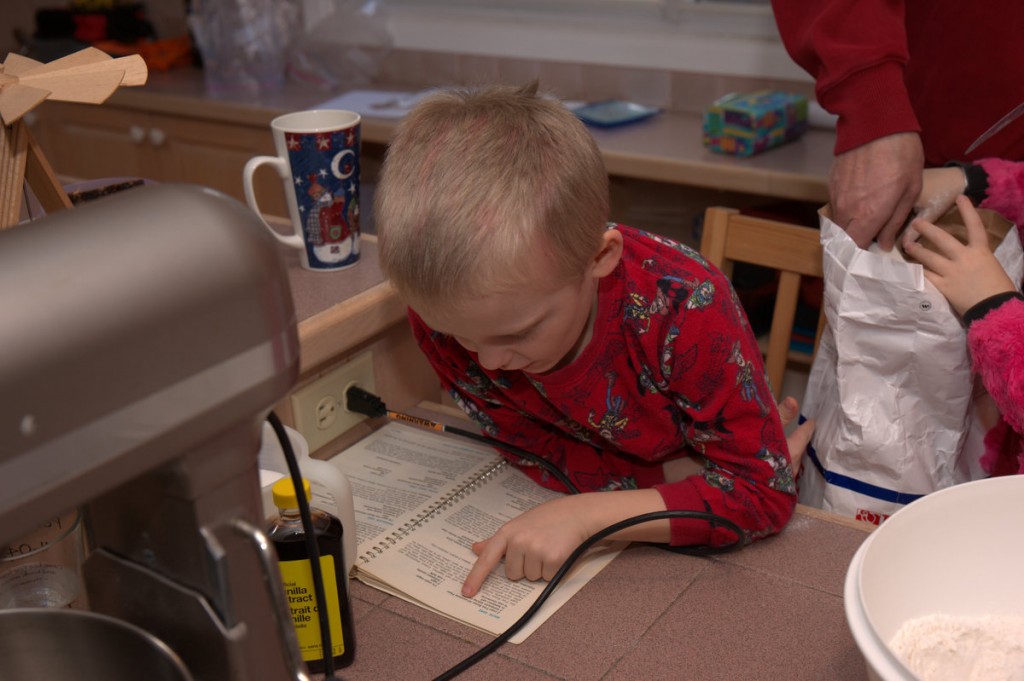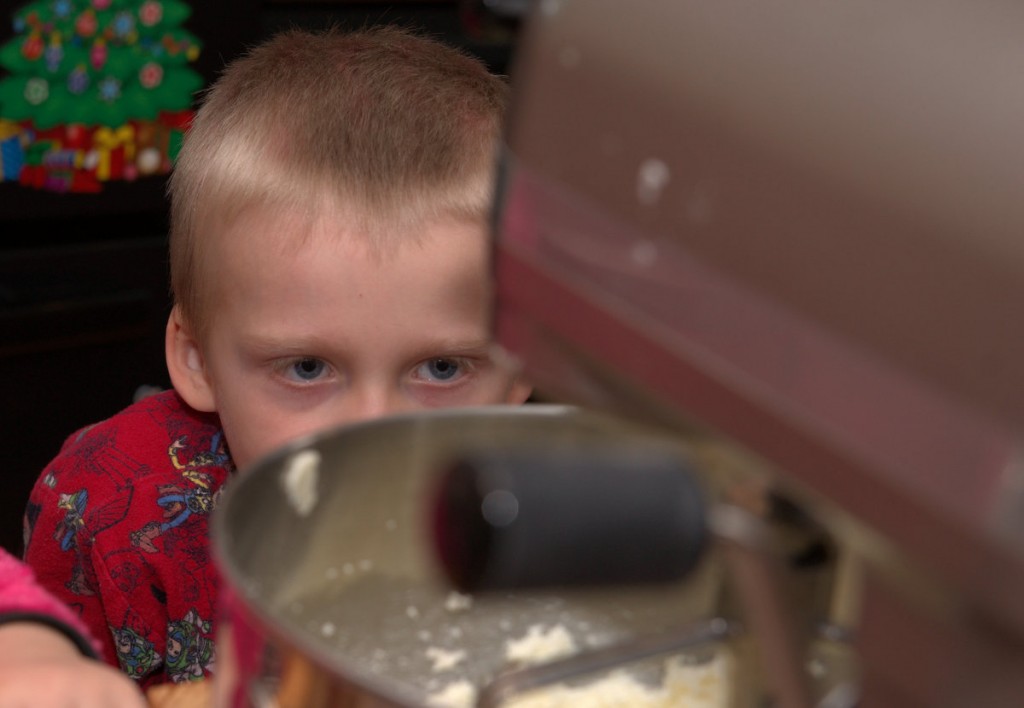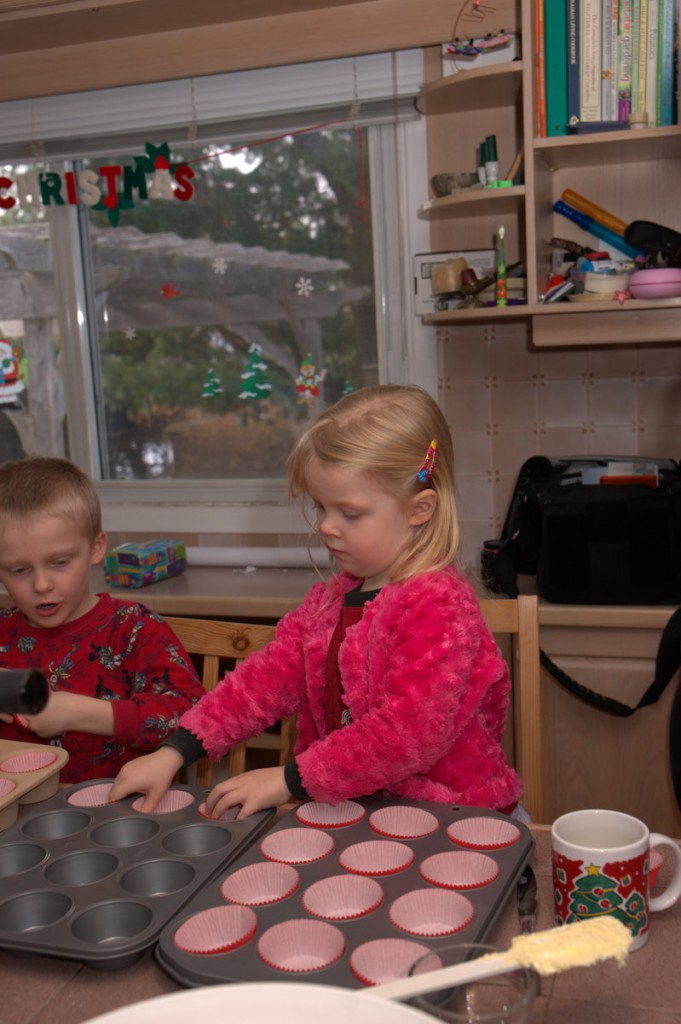This post came as the result of several conversations that I have had with friends over the last two days. Our community was stunned to learn on Monday night that a local mother had murdered her two children, and then taken her own life. My heart goes out to the family and friends who are left behind, broken. I am affected in that I live in this community, but there are others who are more closely touched, those who knew the family, whose children played with those children or who go to the same school. I don’t have to answer the difficult questions from my children, but they do. I offered to put this together for my friend Julie (of Coffee with Julie) and we both decided that we wanted to share it on our blogs, as there is very little out there to guide parents who are faced with these difficult conversations. I hope that this helps, even a little bit, it is just something that I put together from various resources that I have used in the past.
It is so hard to try and explain to our children when we cannot comprehend it ourselves. In my opinion, the most important thing is that you talk to your children. They need to hear the information from you, someone that they love and trust. This also lets you know they are getting the facts, and not rumours and guesses.
When someone dies from homicide, it is different from a natural or accidental death in that there is the knowledge that someone directly sought to bring harm to a person. That knowledge, coupled with the trauma of the sudden (and violent) death make it very difficult to understand and even more difficult to explain to adults, let alone children.
It is best if you limit your child’s exposure to media coverage of the tragedy, especially that which sensationalizes the deaths. Still, children, even those as young as four or five, may be hearing things in the media or in the school yard, and this will lead to questions. It is important that you take the time to talk to the children in terms that they understand, and answer the questions as honestly as you can (without revealing more information than they are seeking). Don’t be afraid to ask questions of your own if you are not certain what they know or where their questions are coming from. Homicide Survivors, Inc. has an extensive list of tips for talking to children about homicide:
TALK
-As soon as possible after the death, set aside time to talk with the child.
-Give the child the facts as simply as possible. Do not go into to much detail; the child will ask more questions if they come to mind.
-If you can not answer the child’s questions, it is okay to say, “I don’t know how to answer that, but perhaps we can find someone to help us”.
-Use the correct language, i.e., “dead”, “murdered”, etc. Do not use such phrases as “S/He is sleeping”, “God took him/her to heaven”, “S/He went away”, etc.
-Ask questions. “What are you feeling?”, “What have you heard from your friends?”, “What do you think happened?”, etc.
-Discuss your feelings with the child, especially if you are crying. This gives the child permission to cry too.
-Adults are children’s role models, and it is good for children to see our sadness and to share mutual feelings of sadness.
-Use the deceased’s name.
-Talk about a variety of feelings, e.g., sadness, anger, fear, depression, wishing to die, feeling responsible, etc.
-Talk about the wake/funeral, explain what happens, and ask the child if s/he wants to go. Include him/her, if possible.
-Talk with the child about your family’s spiritual beliefs, including what happens to people after they die.
-Talk about memories of the deceased, both good and bad.
THINGS TO DO
-Read to the child about death. There are many good children’s books available (see list at the end of this post)
-Read a book about children’s grief so you have a better understanding what your child is experiencing.
-Help the child write a letter to the deceased.
-Help the child keep a diary of his/her feelings.
-Invite your child and his/her friends, family members, etc. to plan a memorial for the deceased.
-Discuss rumors, media reports, etc., with the child so that s/he can clarify information regularly.
OBSERVE
-Be alert for reports or observations of “bad dreams”. Talk about them with the child. Dreams are sometimes a way to discharge stress.
-Be alert for behavioral changes in your child. If they concern you, seek professional help.
UNDERSTAND
-Understand your child’s level of comprehension and speak at that level.
-It may take some time for your child to understand the concept, “gone forever”, especially if s/he is very young.
-Your child may think that s/he caused the death because s/he had been thinking bad thoughts or had been angry with the deceased just before the death.
-The sudden and unexpected death of a peer is especially difficult for a child to comprehend; children tend to feel invulnerable.
As the child processes the information that you give them, they may repeat questions again and again, or exhibit other unexpected behaviours. Some common behaviours to watch for include; shock, anger, terror, guilt, emotional outbursts, intense sadness, and irritability. They may also display some physical symptoms such as; fatigue, insomnia, digestive upset, chills, headaches, change in appetite and other symptoms. These reactions are quite normal, and should diminish in time. If you are concerned about your child’s changing behaviour, or if the changes persist or intensify, you should talk to your family doctor.
Each child will deal with this knowledge differently, but there are some common reactions based on their developmental age (from Canadian Resource Centre for Victims of Crime)
Birth to One Year:
Some professionals believe that infants do not respond to death, as their memory capacity for relationships has not yet developed. Others believe that infants may feel anxiety and tension, as the death may interfere with their basic needs, i.e. sleeping and eating schedules.
One to Two Years of Age:
Children at this age cannot yet attribute meaning to death. Environmental change can provoke both positive and negative reactions among young children. They may react to the emotions and grieving of those around them.
Preschool Children: Three to Five Years of Age
Preschool children have a limited understanding of death. They may believe that death is temporary and can be reversed, or perceive a dead person as asleep, gone away or broken. There is no understanding of personal death.
School Age Children: Six to Nine Years of Age
Children in this age group have a clearer understanding of death although they may still believe that it will not happen to them. Children at this age may be interested in the physical and biological aspects of death. Dealing with grief is difficult as school age children alternately confront and deny their grief. They may also be unprepared for the length of the grieving process.
It is common for children in this age group to experience:
– Denial
– Difficulty expressing their strong feelings of loss
– Difficulty eating and sleeping
– Physical ailments such as stomachaches and headaches
– Fearfulness
– Decrease in school performance
– Inability to concentrate
– Anger directed towards teachers or classmates
– Inappropriate classroom behaviour
Pre-adolescent and Adolescent: 10 to 18 Years of Age
Children in this age category have a more mature understanding of death and mortality. They understand that it is irreversible. They also understand personal death, although they may view themselves as immortal. These children may experience guilt, confusion, depression, shock, crying, stomachaches, headaches, insomnia, exhaustion, dramatic reactions such as not sleeping or eating, decrease in school performance, change in peer group, possible drug use and/or sexual promiscuity.
There is no right answer about how to talk to your children about traumatic death, just as there is no typical reaction – by any child or adult – to a tragic loss. Talk to your child’s school, a counsellor, or your family doctor if you are concerned about how your child is responding to the the trauma, or if you want help supporting them at this time.
Suggested readings






















